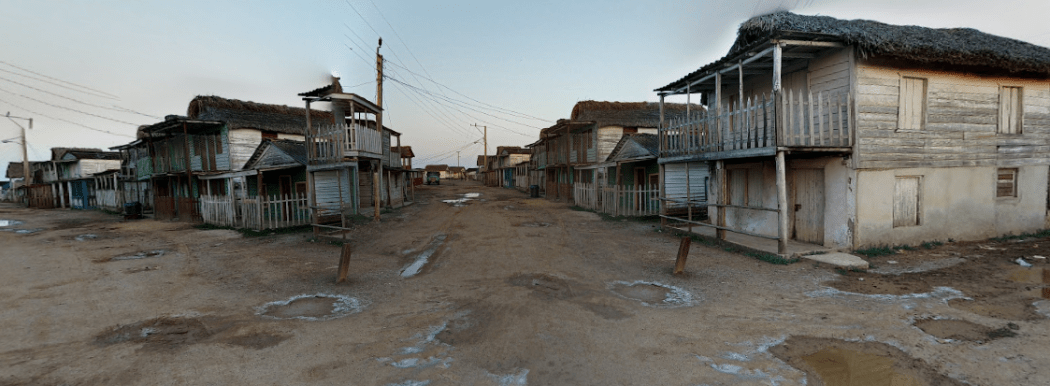Rosita picked up the smooth stick from outside the door and carefully pared the black mud from her feet before she stepped inside, the mended nets drying on the scaffold Ronaldo made for them before the sickness had left him an invalid.
She set the bucket of cleaned shrimps on the stone hearth, then poked the remains of the fire in search of a live coal. She was lucky and found one right away; in the rainy season, she often had to resort to their worn flint and steel.
“What have you brought us, my White Rose?” said her grandfather, leaning on his cane.
“Shrimps,” she said. She did not say the rest.
No fish meant nothing to trade for beans and salt and flour. No fish meant that once again they would eat shrimp gleaned from the tidepools.
“In Havana,” said her grandfather for the hundredth time, “Camarones are considered a luxury. We are lucky tonight!”
Ah, Cuba. I steeped myself in research a few years ago while writing my (still unpublished) novel Miramar, which takes place in Cuba during the 1957-58 revolution in which Fidel Castro, Frank Pais, Camilo Cienfuegos, Huber Matos, and many others overthrew the dictator Fulgencio Batista’s corrupt regime and threw out American corporations (including the gangsters Meyer Lansky and Santo Traficante). Like every other Cuban revolution, it was only partially successful. As always, the poor suffered the most. They still do.
The Cuban revolutionary poet José Martí said: “We light the oven so that everyone can bake bread in it.”
Martí penned the most famous poem of the 1895 revolution, I Have a White Rose to Tend. This brilliant work was adopted by Castro’s M-26-7 as their own.
Cultivo una rosa blanca,
En julio como en enero,
Para el amigo sincero
Que me da su mano franca.
Y para el cruel que me arranca
El corazón con que vivo,
Cardo ni oruga cultivo:
Cultivo la rosa blanca.

Your research is amazing, Josh. The depth of feeling here is so tender.
Thanks!
I second Kelvin: once again, the depth of your research shines through. But what touches me most is the grandfather’s insistence on being positive, especially in such dark times.
Thank you
I agree with others… How you weaved such an excellent tale with threads of knowledge and style is amazing! Hats off to you!
Thanks so much!
Loved this. There’s a whole world in there, woven in both deftly and subtly. I want to read more! I, too, especially liked the grandfather’s positive attitude.
best wishes on that novel – and I enjoyed the tidbits here – esp the 1895 poem.
oh and loved the ending:
We are lucky tonight
you left us with a feeling of grit, thankfulness, and familial love.
You showed the human suffering caused by a tumultuous world event, the human in the historical. Very well written, Josh
Without noticing how you’ve done it, you’ve created what I imagine is the exact atmosphere. Heck, I could even smell those shrimps, straight from the pool.
Very interesting.